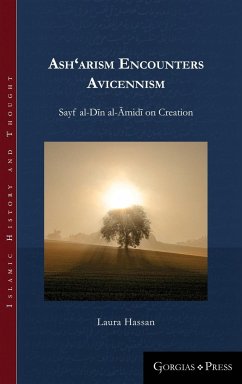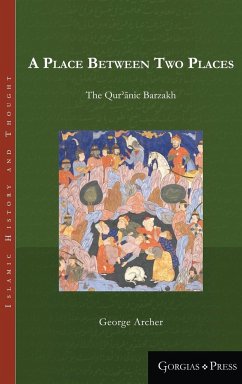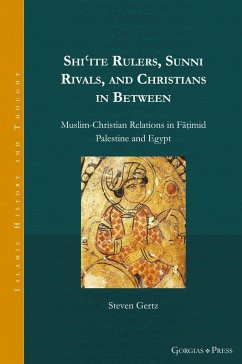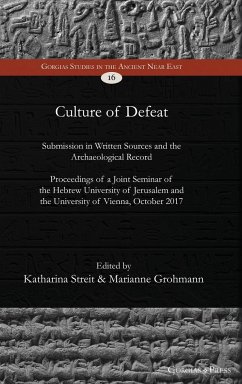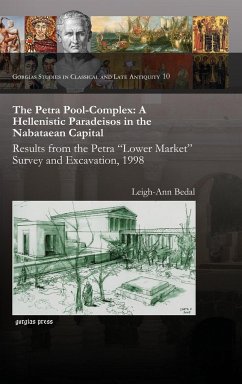This study of Sayf al-D¿n al-¿mid¿'s (d. 631/1233) teachings on creation offers close analysis of all of his extant works of falsafa and kal¿m. Some of these were not known to previous scholars, yet they bear witness to key facets of the interaction between the historically inimical traditions of Hellenic philosophy and rational theology at this important intellectual moment. Al-¿mid¿ is seen to grapple with the encounter of two paradigms for the discussion of creation. On the one hand, Ibn S¿n¿'s metaphysical concept of necessity of existence is the basis of his doctrine of the world's pre-eternal emanation. On the other, for the mutakallim¿n, the physical theory of atomism bolsters the view that God created the world from nothing. Though he begins with a posture of acceptance towards both the doctrines and methods of Ibn S¿n¿, al-¿mid¿ gradually evolves to a position of hostility towards the entire philosophical tradition. Nevertheless, deep tensions are present in his thought; on the one hand, Ibn S¿n¿'s notion of the sheer necessity of God's existence is so compelling theologically that it becomes the mainstay of al-¿mid¿'s understanding of the God-world relationship. Yet some of its more problematic implications are targets for al-¿mid¿'s fierce opposition by the time of his mature works of kal¿m. Underlying all this is the often unstated, but all pervasive, influence of al-¿mid¿'s highly successful peer, Fakhr al-D¿n al-R¿z¿ (d. 606/1210). This study is of interest to scholars of Ibn S¿n¿ and Ash'arism alike, as it advances our understanding of the ongoing tradition of rational theology in the Islamic world, long past Ab¿ ¿¿mid al-Ghaz¿l¿'s (d. 505/1111) famous attack on the philosophers.
Hinweis: Dieser Artikel kann nur an eine deutsche Lieferadresse ausgeliefert werden.
Hinweis: Dieser Artikel kann nur an eine deutsche Lieferadresse ausgeliefert werden.

